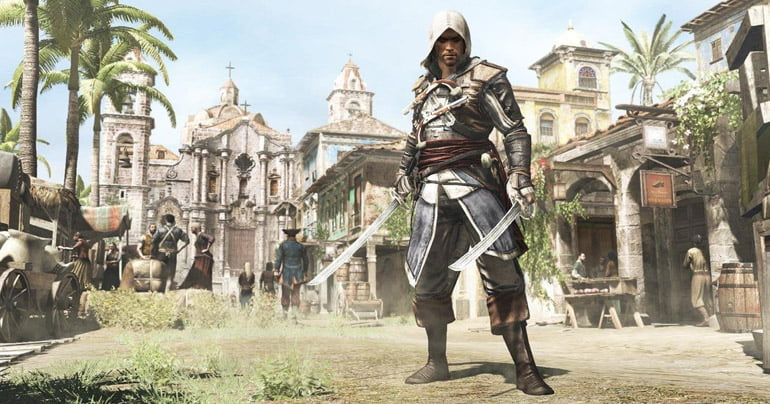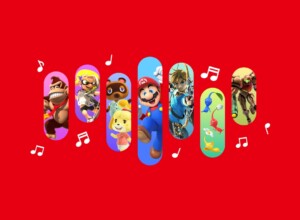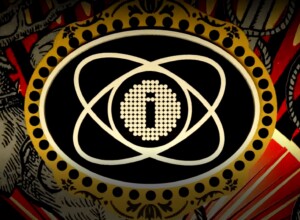In among the next-gen hullabaloo Ubisoft has released the sixth console instalment in the Assassin’s Creed franchise; Assassin’s Creed IV: Black Flag.
Including the various mobile and portable releases there have been 15 games in the series released since 2007. In short, Assassin’s Creed is bloody popular.
In reviews this week Black Flag has received near universal praise, being seen as a welcome return to form after its predecessor’s somewhat mixed reception. Despite the enormous success of the series Assassin’s Creed has always had its fair share of detractors, those who bemoan the annual released schedule, and the way it hoovers up Ubisoft’s development teams the world over. It gets criticised for fragmented game mechanics, an obtuse story and poor character development. While I can understand such opinions, I believe that the franchise should be congratulated more than it should be criticised. So this is an appreciation, a look at why I enjoy the Assassin’s Creed series, why I think it deserves more credit for what it does right, and why I can’t wait to get into Black Flag.
One of the key reasons for the series’ success comes from its central narrative hook; the ability to relive the experiences of your ancestors. It’s an elegant way of presenting stories set in interesting times and locations that also allows for the application of visible game play mechanics. By that I mean that restrictions within the game world, such as invisible walls, have a narrative logic. This gives the series the ability to pretty much do what it wants, without destroying the fiction. Yes, it’s a fiction that has become convoluted, but in a game that revels in conspiracy and duplicity, this feels entirely appropriate. There is a certain pleasure in working out how all of the plot lines are connected.
It’s not only in a narrative sense that Assassin’s Creed offers variety, the same applies from a game play perspective. Thus what ostensibly started as a parkour game, with its origins in Prince of Persia, can become an open world pirate sim and still feel like part of the same series.
Other annual franchises, such as Call of Duty, continue to offer bigger, bolder, more extravagant examples of the same thing. Meanwhile Assassin’s Creed continues to evolve, keeping what works and ditching what doesn’t. Unlike its peers Assassin’s Creed is not content to tread water. Across the six mainline titles we have seen everything from tower defence mini games (thankfully retired), to trading excursions, bomb crafting, hunting and cryptography. Each of these additions orbit the core game play and can often be ignored, but they always have enough depth to reward those who pursue them. Yes, they sometimes throw in the kitchen sink, but then sometimes the kitchen sink happens to be ship to ship combat and a new direction for the series is forged.
But it’s that core game play loop that continues to provide the bedrock of the franchise. The parkour traversal never fails to engage, the combat although repetitive and simple creates a multitude of punch the air moments, and its best predatory stealth sequences are unsurpassed. Of course with such a free-form game the AI can occasionally go awry, but to me these occasions have never been game breakers. I can forgive errant path finding or AI glitches when the overall experience is so compulsive.
Artistically the series also has chops, exquisitely presenting postcards from the past. For all of the violence and action, there is an equal measure of beauty and elegance. No matter how impressive GTA V’s Los Santos is (and goodness it is) nothing can exceed, for example, Brotherhood’s depiction of Rome. It’s a stunning collision of excellent choices in design, build and tone. It may be wallpaper, but it’s wallpaper that convinces.
In Ezio, Assassin’s Creed also has one of gaming’s great characters. A character the player literally takes from birth (in one of Assassins Creed 2 most memorable moments) to the grave. You never hear claims of ludo-narrative dissonance here, Ezio is an assassin, a rogue, a charmer, but also a man of honour and integrity. Civilians may suffer by his sword if the player is clumsy, but the game will pointedly remind you that this is not how things happen. Altair and Conner are less successful as leading men, but are nonetheless imbued with a history and motivation that exceeds that found in most other games.
It’s also a game that knows how to use music. Jesper Kyd’s Assassin’s Creed 2 score has rightly been acknowledged as ground breaking, lending ambience, mood and urgency without ever resorting to bombastic excess. This subtlety has been maintained as composers for the series have changed. Lorne Balfe’s Assassin’s Creed 3 themes for Conner and his ship, the Aquila, are equally stirring and affecting. I hope Brian Tyler’s score for Black Flag continues the high standard.
Not content with a kaleidoscope of game mechanics the series is also home to a full featured and rewarding online multiplayer mode. A delightful update of playground hide and seek that can be as tense and thrilling as any death-match you care to mention. Again, an example of Ubisoft using the series to something new.
So yes, it’s a series of ups and downs. Assassin’s Creed 2 and Brotherhood stand tall, 3 is better than Revelations, which is probably better than the original. Each game has its highlights and its lowlights, but they feel like a part of a whole and I find the deficiencies easy to forgive. But more than anything, and despite being designed by committee, it’s a series that still feels like it has a heart. Each instalment making up one section of a larger, richer tapestry.
Should the series slow down a little? Perhaps. But should it end? I do hope not.









